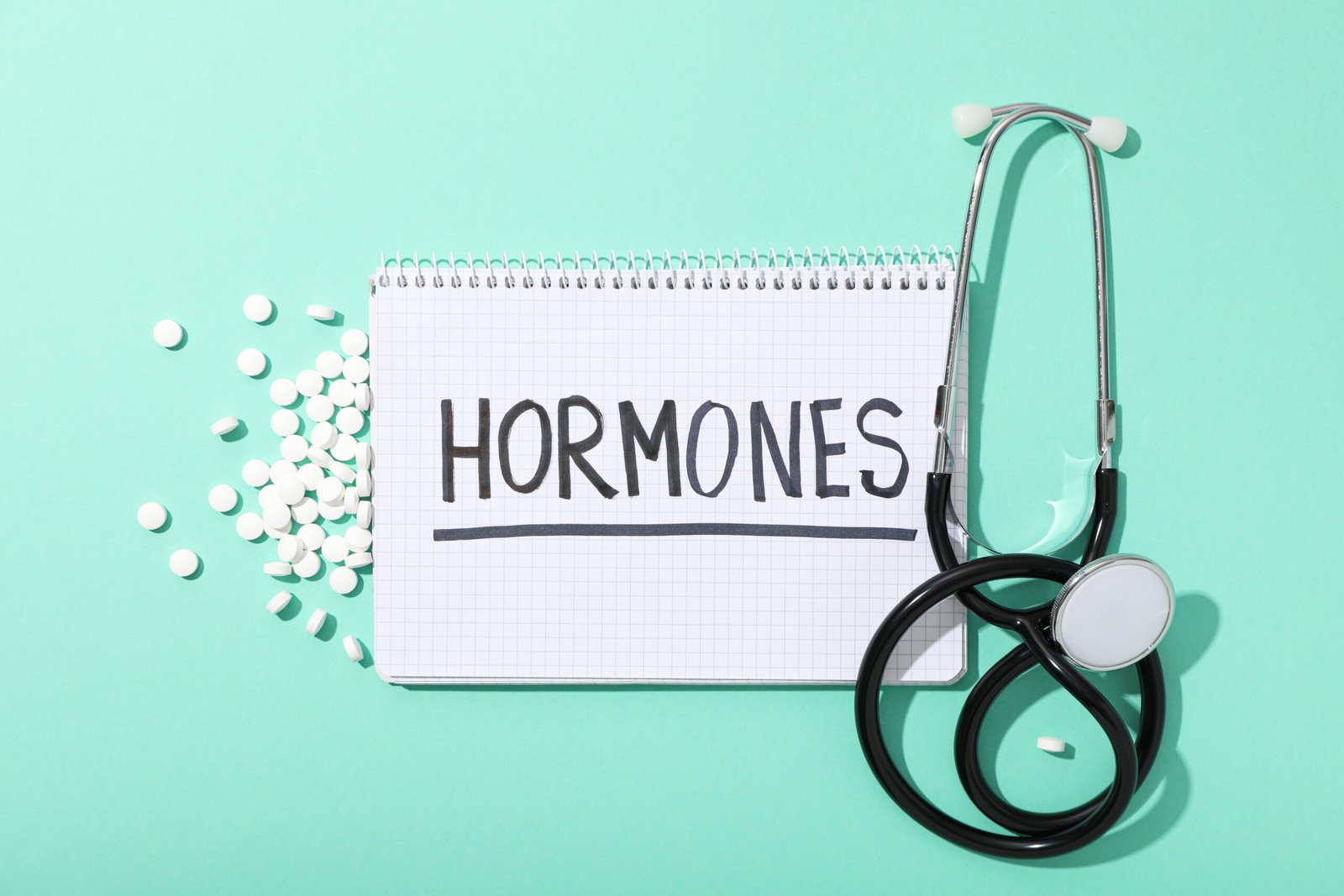Now Reading: Calcium and Vitamin D: Benefits, Sources, and Tips
-
01
Calcium and Vitamin D: Benefits, Sources, and Tips
Calcium and Vitamin D: Benefits, Sources, and Tips

Calcium and vitamin D are essential nutrients that play a vital role in maintaining bone health. While calcium helps build and maintain bone structure, vitamin D improves calcium absorption in the body. This guide explores their benefits, best food sources, and how to ensure you’re getting enough of them.
Why Are Calcium and Vitamin D So Important?
- Bone Health and Strength:
Calcium is the primary component of bones and teeth, while vitamin D ensures the body absorbs calcium efficiently. A deficiency in either nutrient can lead to osteoporosis and increased fracture risk.
- Muscle Function and Nerve Health:
Calcium supports muscle contractions and nerve signaling, while vitamin D aids muscle function. A lack of these nutrients may cause muscle cramps or weakness.
- Immune System Support:
Vitamin D plays a critical role in boosting immunity, helping the body combat infections and inflammation.
- Heart Health:
Adequate calcium levels contribute to normal heart rhythm and muscle contraction, reducing cardiovascular risks.
Best Food Sources of Calcium and Vitamin D
Calcium-Rich Foods:
- Dairy products: Milk, cheese, yogurt
- Leafy greens: Spinach, kale, collard greens
- Fortified foods: Cereals, plant-based milk
- Fish with bones: Sardines, salmon
- Nuts and seeds: Almonds, chia seeds
Vitamin D-Rich Foods:
- Fatty fish: Salmon, mackerel, tuna
- Fortified products: Milk, orange juice, cereals
- Egg yolks
- Mushrooms exposed to sunlight
Daily Recommended Intake
Calcium:
- Adults (19–50 years): 1,000 mg
- Older adults (51+ years): 1,200 mg
Vitamin D:
- Adults (19–70 years): 600 IU
- Seniors (71+ years): 800 IU
Are Supplements Necessary?
A balanced diet usually provides sufficient calcium and vitamin D. However, some people may require supplements, especially those with dietary restrictions or limited sun exposure.
Tips to Enhance Absorption
- Sunlight Exposure: Spending 15-20 minutes in the sun daily can boost vitamin D levels.
- Combine with Other Nutrients: Vitamin K2 and magnesium help the body utilize calcium efficiently.
- Moderate Caffeine and Salt: High intakes can reduce calcium absorption.
Potential Deficiency Symptoms
- Calcium Deficiency: Brittle nails, muscle cramps, weakened bones
- Vitamin D Deficiency: Fatigue, bone pain, frequent infections
Prioritize Your Bone Health
Incorporating calcium and vitamin D into your diet supports bone strength and overall wellness. Focus on nutrient-rich foods and safe sun exposure for optimal health.












